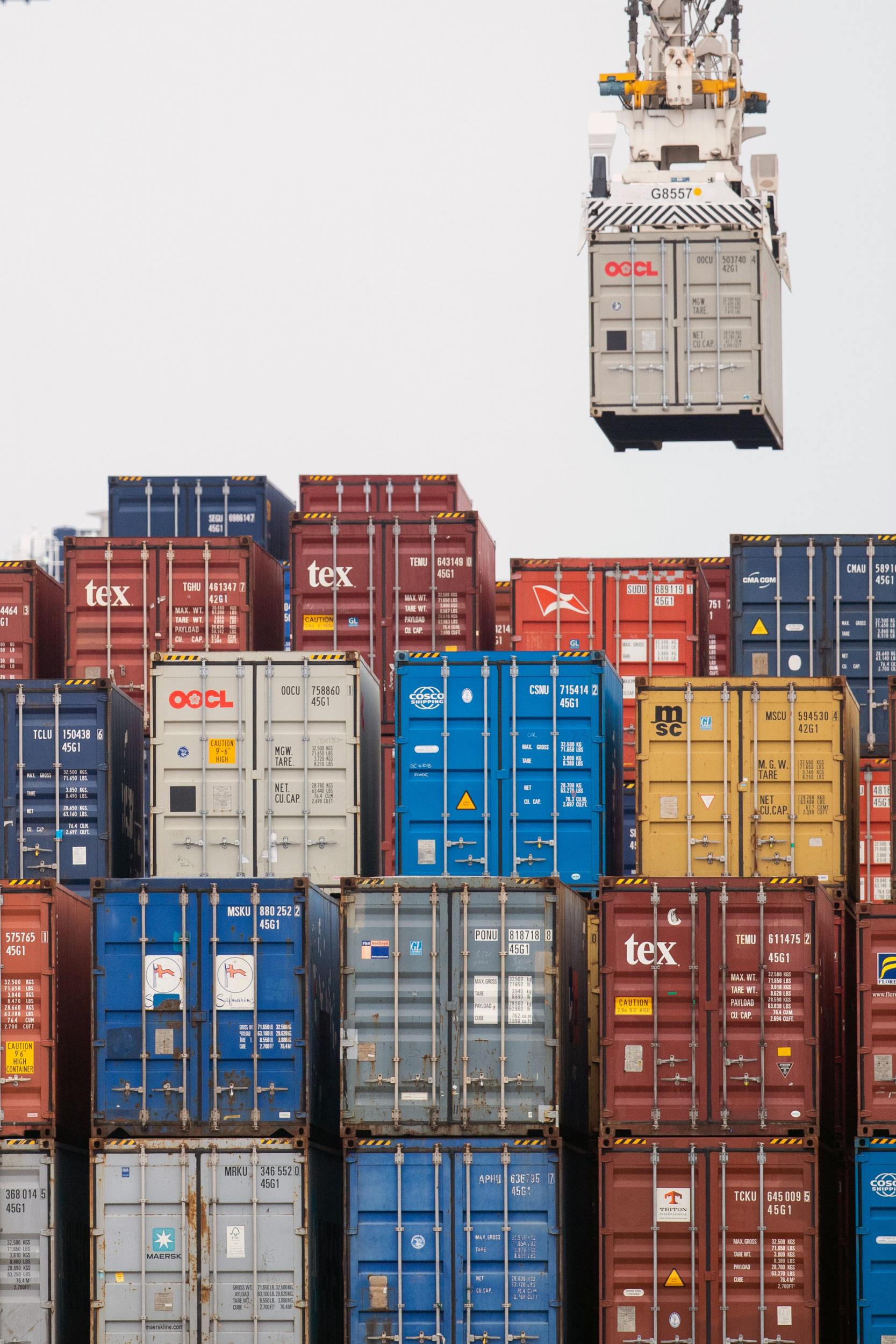Whatever the issues with the global supply chain, Christmas in September is not a solution
A shipping crisis shouldn’t be the green light for three months of frenzied consumption


For weeks I’ve had an inbox alternately screaming real warnings that we’re going to miss our climate targets, and endless, but not quite so desperate press release ‘warnings’ that it’s less than 100 days until Christmas and that we’ll have to secure that mountain of gifts right now or risk a catastrophic festive season.
By now, and they really aren’t going away, we must surely have all seen the headlines that toys could be in short supply because of container shortages and the knock-on effect on shipping prices. We have been urged loudly and in no uncertain terms to buy the avalanche of, well, everything, right now. NOW. DO IT NOW.
When the Christmas tree shortage chat emerged this week I very nearly cracked and wrote up the whole “how to plan for Christmas in the middle of a global supply chain crisis” article. In September. With the sun shining harder than it has for months.
I feel for those whose lives and livelihoods depend on the quick and comprehensive solving of this serious and gargantuan problem. On the other hand, it all seems like something of a retail sales dream. Instead of a heads-down shopping season that once started around 15th December before creeping back to Black Friday at the end of November, nobody has batted an eyelid now we’ve been told to get started in September.
The unspoken assumption is that we are aiming to buy in at least the same vast quantities as last year – a frenzy that incidentally doesn’t play out in the Scandinavian nations we so closely associate with winter festivities.
In fact, we’re on course to spend a fifth more than we did last year. We’re going to spend and consume our way to a perfect Christmas. And thanks to all those ‘buy, buy, buy’ messages, a quarter of us not only feel pressured to spend more than we can afford, says MoneySuperMarket this week, but increasingly nervous about doing so.
I know the feeling. It might not be immediately obvious but I bloody love Christmas. I’m one of those bunny boilers who starts planning in, ahem, the summer. But five years ago we made a pact with our respective families after we suddenly realised the overindulged kids were barely looking at the items we’d worked our arses off to give them before reaching for the next thing.
It wasn’t the most life-affirming moment. So we set small, tight budgets for the kids and stopped buying gifts for all the adults. This, we all agreed, was the way forward after all, Christmas is only really about being with the ones you love, and other Hallmark card quotes, right?
That first Christmas I made the massive error of actually following through, resulting in a toe-curlingly awkward afternoon when the other adults present handed over piles of stuff to each other and, worse, to us and we reciprocated with fresh air.
We ploughed on with pigheaded determination, adding in a whole pile of other abstract restrictions like ensuring everything was secondhand, produced in the UK and plastic-free – down to the wrapping paper and tape.
We pushed people who love our family and want us to have wonderful things (and work hard to buy those things) to spend time with us instead.
The following year, with a slightly higher commitment rate, I found my mother-in-law crying in the kitchen because following our wishes to scale back, Christmas didn’t feel the same. Which wasn’t quite the jubilant, and ever-so-slightly smug liberation from the consumption prison I was hoping for.
By now though we’ve all had a bit of time to adjust and a smaller Christmas is a normal, fun, simpler and much less indebted affair.
So why have I just spent a full five minutes you won’t get back talking about Christmas debt in a column about sustainability in September?
Because it strikes me that this shipping crisis just might do us all a massive financial, emotional and maybe even environmental favour. If we can just ignore all the noise.






Join our commenting forum
Join thought-provoking conversations, follow other Independent readers and see their replies
Comments